Outperforms BAME, LGBT & disabled staff goals
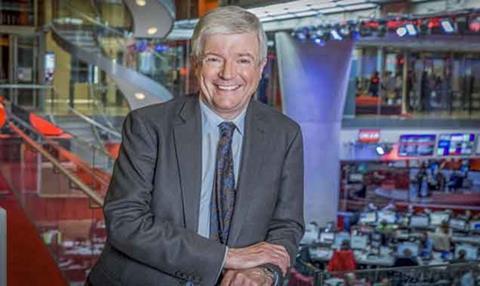
The BBC has hit five of its key diversity targets after revealing its staff census data for 2016.
The corporation met 2017 targets for its level of black, Asian and minority ethnic staff, while it also beat 2020 targets for LGBT and disabled employees.
According to its figures, 14.5% of the BBC workforce is made up of BAME staff – outperforming a 14.2% target – while 10.3% of its leadership roles are occupied by BAME individuals. The 2017 target is 10%.
Disabled all-staff levels are at 10.3%, with 9.8% of individuals in leadership roles identifying as disabled. The 2020 target for both was set at 8%.
LGBT staff levels have been pegged at 10.6%, against a 2020 target of 8%.
Some 48.2% of all staff are female, with 42.2% in leadership positions. The BBC has set itself the target of having a 50/50 gender split in both areas by 2020.
The targets formed part of the Diversity and Inclusion Strategy document unveiled in April, as it attempts to “hardwire” diversity into its culture.
Diverse workforce
Director general Tony Hall welcomed the corporation’s progress in becoming “one of the most diverse workforces in the UK” in a speech at the Creative and Cultural Skills conference in Thurrock today.
He added that the corporation cannot afford to sit on its laurels.
“For me, one of the real priorities is to get more women, and more people from black, Asian and minority ethnic backgrounds, into our most senior leadership positions,” he added.
Hall also addressed the continuing problem of access to the industry for those from less well-connected and poorer socio-economic backgrounds.
“A sector that, instead of being a force for social mobility, is too often a source of social exclusion” he said.
He flagged the routes being created into the BBC for graduates and non-graduates, including the 230 apprentices which have been taken on in a bid to have more than 400 by 2018.
Over the past year, the BBC’s Creative Access scheme has also brought more than 30 interns from BAME backgrounds into the organisation.
Other initiatives such as the Clore Leadership programme and assistant commissioner development programme have helped boost BAME representation both on and off-screen.


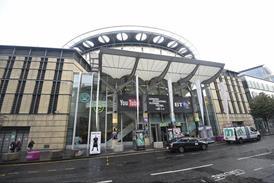




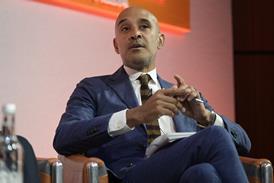
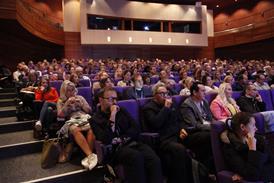


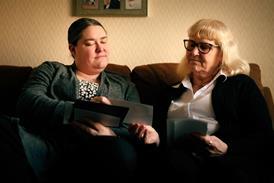
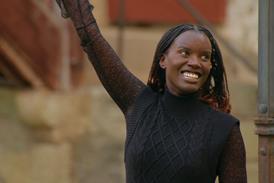
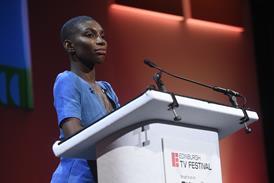
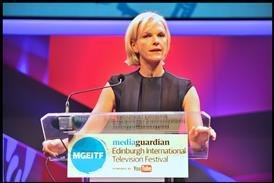


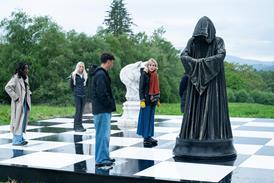







No comments yet